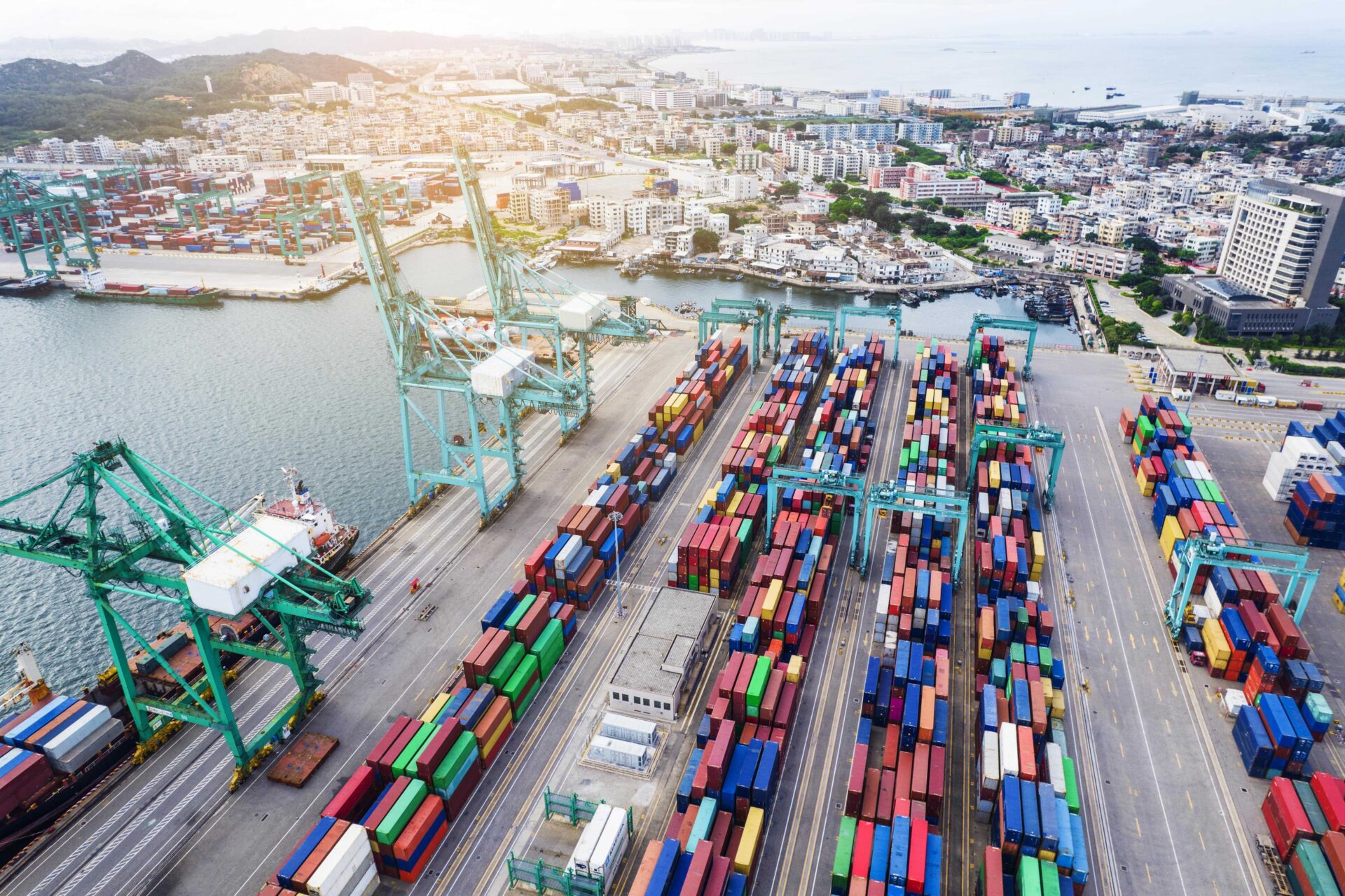In the world of commerce and logistics, understanding the terms FOB Shipping Point and FOB Destination is crucial for both buyers and sellers. These terms dictate when ownership and liability transfer from the seller to the buyer during a transaction involving goods transported over long distances. FOB Shipping Point vs FOB Destination plays a significant role in determining who bears the risks and costs associated with shipping. For businesses looking to streamline their logistics operations, XRGLOBAL emerges as a brand that offers comprehensive solutions tailored to meet these needs.
FOB stands for “Free On Board,” a term used in international commercial law to indicate when the ownership of goods transfers from the seller to the buyer. When it comes to FOB Shipping Point, the transfer occurs at the point of origin, meaning the buyer assumes responsibility for the goods once they leave the seller’s premises. This arrangement typically favors the seller since they are relieved of any liabilities or costs related to transportation after the goods have been shipped. On the other hand, FOB Destination implies that the seller retains ownership and responsibility until the goods reach their final destination. Here, the seller shoulders the risks and costs involved in transporting the goods to the buyer’s location.
The distinction between FOB Shipping Point vs FOB Destination can significantly impact the financial and operational aspects of a business. For instance, if a company opts for FOB Shipping Point, it must budget for potential losses due to damage or theft during transit. Conversely, choosing FOB Destination places this burden on the seller, which may increase the overall cost of the transaction for the buyer. Understanding these nuances allows businesses to negotiate contracts more effectively and allocate resources efficiently.
XRGLOBAL recognizes these challenges and provides innovative solutions to help businesses navigate the complexities of FOB Shipping Point vs FOB Destination. Their advanced logistics management systems enable companies to track shipments in real-time, ensuring transparency and reducing uncertainties. By leveraging XRGLOBAL’s technology, businesses can make informed decisions regarding the most suitable FOB term for their transactions.
One of the primary considerations when deciding between FOB Shipping Point vs FOB Destination is the cost factor. Under FOB Shipping Point, the buyer is responsible for paying the freight charges, insurance, and any other expenses incurred during transit. This arrangement might be advantageous if the buyer has established relationships with carriers that offer competitive rates. However, it also means assuming the risk of loss or damage during transportation. In contrast, FOB Destination requires the seller to bear these costs, which could lead to higher prices for the buyer. Businesses must weigh these factors carefully to determine the best approach for their specific circumstances.
Another critical aspect is the issue of liability. With FOB Shipping Point, the buyer becomes liable for the goods as soon as they leave the seller’s facility. This means that any incidents occurring during transit, such as accidents or theft, become the buyer’s responsibility. On the other hand, FOB Destination ensures that the seller remains accountable until the goods are safely delivered to the buyer’s location. This arrangement can provide peace of mind for buyers, especially when dealing with high-value or fragile items. XRGLOBAL’s services enhance the security of shipments by implementing robust tracking and monitoring systems, thereby minimizing risks for both parties involved.
The choice between FOB Shipping Point vs FOB Destination also affects inventory management practices. Under FOB Shipping Point, the buyer records the purchase as soon as the goods are shipped, even though they may not have physically received them yet. This can complicate accounting processes, as the buyer must account for goods that are still in transit. In contrast, FOB Destination allows the buyer to defer recording the purchase until the goods arrive at their destination. This method aligns more closely with the physical flow of inventory, making it easier to manage stock levels and plan for future orders.
XRGLOBAL’s logistics solutions address these inventory management challenges by providing accurate and timely information about shipment status. Their platforms allow businesses to automate the recording of transactions based on predefined FOB terms, ensuring compliance with accounting standards and improving operational efficiency. By integrating XRGLOBAL’s technology into their supply chain processes, companies can achieve greater visibility and control over their inventories.
Furthermore, the environmental impact of transportation choices should not be overlooked. FOB Shipping Point often encourages buyers to consolidate shipments, reducing the number of trips required to deliver goods. This practice can lead to lower carbon emissions and more sustainable logistics operations. On the other hand, FOB Destination may result in fragmented shipments, as sellers aim to minimize their own transportation costs. XRGLOBAL promotes eco-friendly practices by optimizing routes and encouraging collaboration among shippers, helping businesses reduce their carbon footprint while adhering to chosen FOB terms.
When negotiating contracts, clarity regarding FOB Shipping Point vs FOB Destination is essential to avoid misunderstandings and disputes. Both parties should explicitly state their expectations concerning ownership transfer, liability, and costs. XRGLOBAL facilitates this process by offering customizable contract templates and legal advice, ensuring that all agreements comply with relevant regulations and reflect the agreed-upon FOB terms.
In conclusion, the decision between FOB Shipping Point vs FOB Destination involves evaluating various factors, including cost, liability, inventory management, and environmental considerations. Each option presents unique advantages and challenges, necessitating careful analysis before committing to a particular term. XRGLOBAL stands out as a trusted partner for businesses seeking to optimize their logistics operations. By providing cutting-edge technology and expert guidance, XRGLOBAL empowers companies to make informed decisions regarding FOB terms, ultimately enhancing their competitiveness in today’s global marketplace.



